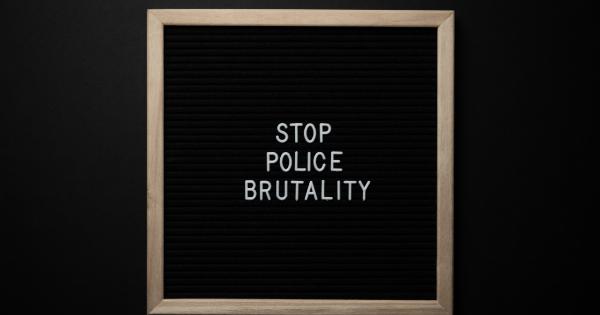Sleep deprivation is a common tactic used during police questioning to coerce confessions. While there is evidence that sleep deprivation can impair cognitive function, the impact on false confessions has not been widely studied.
In recent years, however, research has shown that sleep deprivation may contribute to false confessions during police questioning.
Sleep Deprivation and Cognitive Function
Sleep deprivation has been shown to impair cognitive function in a number of ways. For example, it can lead to difficulties with attention, decision-making, and impulse control.
These cognitive deficits can make an individual more vulnerable to suggestions or manipulations during police questioning, which can ultimately lead to false confessions.
The Impact of Sleep Deprivation on Memory
Memory impairment is another potential problem that can arise from sleep loss. When an individual is sleep deprived, their ability to encode and consolidate memories can be compromised.
This means that memories formed during sleep loss may be less reliable, which can lead to false or distorted recall of events during police questioning.
Sleep Deprivation and Susceptibility to Suggestion
Sleep deprivation has also been linked to an increased susceptibility to suggestion. This means that individuals who are sleep deprived may be more likely to accept false information as true, particularly if it is presented convincingly or repeatedly.
When combined with the stress of police questioning and the desire to end the situation, this susceptibility to suggestion can lead to false confessions.
The Psychology of False Confessions
There are a number of reasons why individuals might make false confessions during police questioning.
For example, they may be seeking to avoid punishment or gain leniency, they may have been coerced or threatened, or they may simply be confused or disoriented. In some cases, false confessions may also be the result of mental illness, intellectual disability, or false memories.
Research Supporting the Link between Sleep Deprivation and False Confessions
Recent studies have provided empirical evidence that sleep deprivation can contribute to false confessions during police questioning.
One 2018 study published in the journal Sleep found that participants who were sleep deprived were significantly more likely to confess to a simulated theft than those who were well-rested. Another study published in the Journal of Sleep Research in 2019 found that sleep deprivation led to an increased risk of offering false confessions, as well as an increased tendency to say whatever was necessary to end the questioning.
The Legal Implications of False Confessions
False confessions can have serious legal implications. They can lead to wrongful convictions, with innocent individuals serving time for crimes they did not commit.
In some cases, they can also impede the investigation and prosecution of the true perpetrator, leading to further harm to both the victim and society as a whole.
The Need for Reform
Given the potential impact of sleep deprivation on false confessions and the legal system, many have advocated for reform.
This might include limits on the use of sleep deprivation during questioning, mandatory recording of all interrogations, and training for law enforcement officers on the risks of coercion and false confessions. By taking steps to reduce the risk of false confessions, the system can better ensure that justice is served and innocent individuals are not harmed.
Conclusion
Sleep deprivation is a tactic often used during police questioning to coerce confessions. Evidence suggests that sleep deprivation may contribute to false confessions by impairing cognitive abilities, memory function, and susceptibility to suggestion.
False confessions can lead to wrongful convictions and impede investigations, and reforms are needed to better protect individuals and ensure that justice is served.































